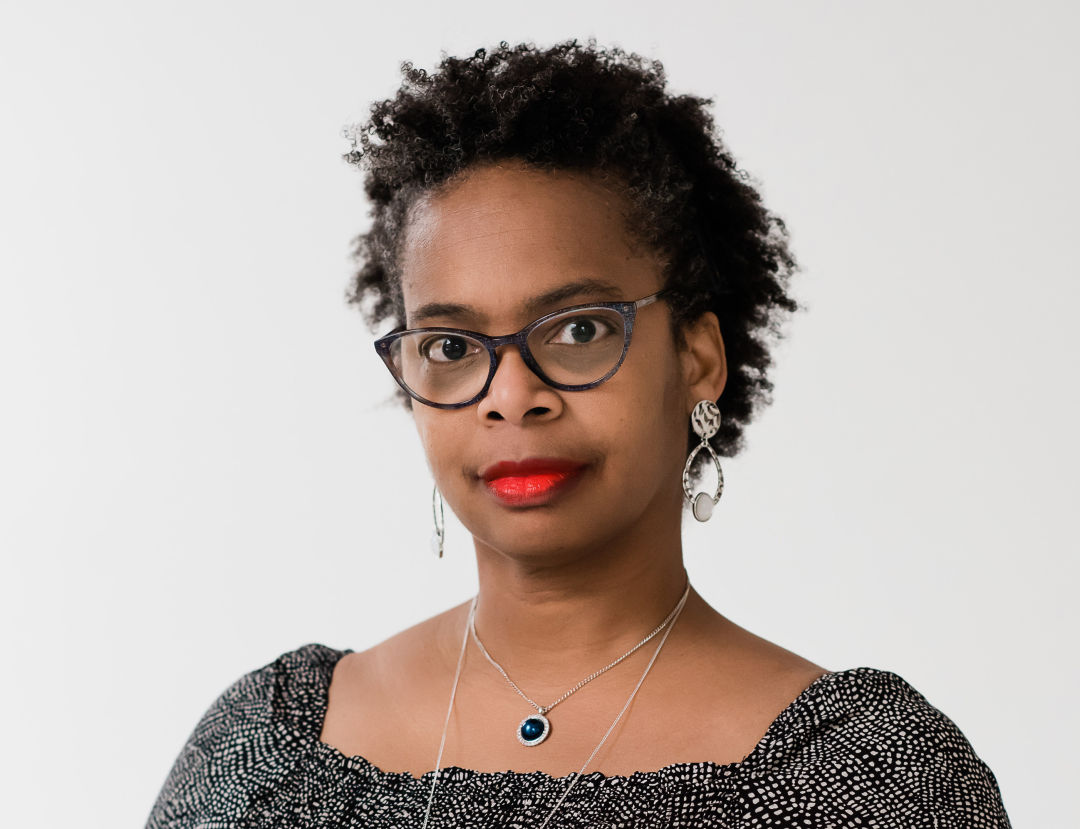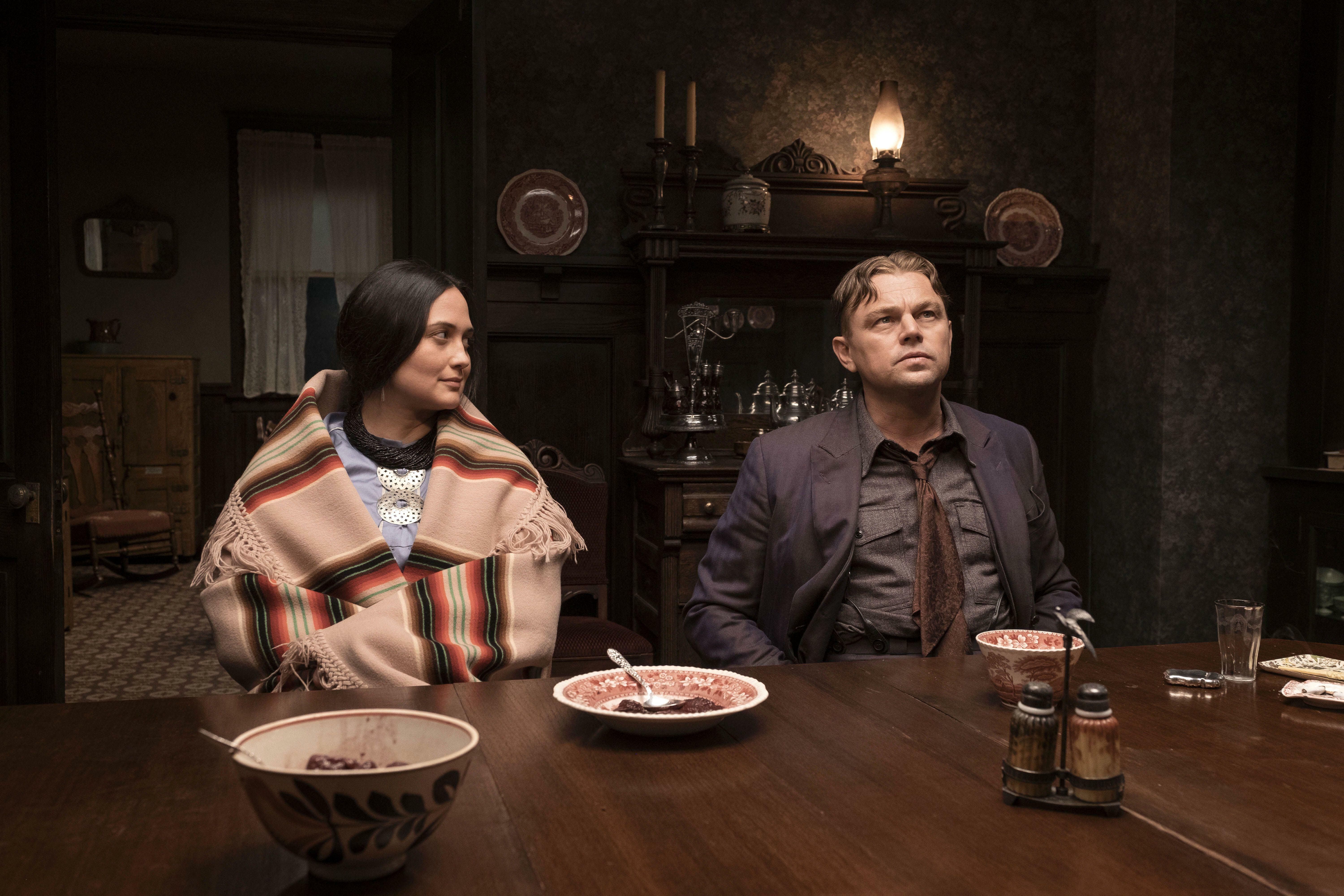Poet Katerina Canyon Opens Up About Writing Her Latest Book, 'Surviving Home'

Katerina Canyon
Image: Courtesy Photo
What words come to mind when you think about home? Perhaps "family," "warmth," and "happiness"?
What about "survival"?
In Katerina Canyon's latest book, Surviving Home, the poet gives readers an intimate look into the pain that she experienced as a child growing up in Los Angeles, when her father molested her—as well as the hope she now carries with her as an adult. "That's what I want people to do—grab that tiny, tiny spark of hope, no matter how dark things get,” she says.
Canyon is an author, poet and civil rights activist. She served as Poet Laureate of Sunland-Tujunga—a Los Angeles neighborhood—from 2000 to 2003, and founded a poetry festival and hosted poetry readings there. Canyon is a three-time Pushcart Prize nominee and over the years, her work has been published in the New York Times and Huffington Post. A graduate of St. Louis University, Canyon is a three-time recipient of the university's Montesi Award. She also holds a master of arts in law and diplomacy from Tufts' Fletcher School of Law and Diplomacy, and is hoping to pursue a Ph.D.
Ahead of her poetry reading with Bookstore1 this Sunday, Canyon spoke about her new book and the role poetry has played in her life since childhood. The interview has been edited and condensed for clarity.
When did you start writing poetry?
“I have loved poetry for as long as I can remember. It started as a kid with nursery rhymes. I remember when I was about five years old, my mom gave me a collection of works by Edgar Allan Poe and I’d walk around with it. She also gave me this collection of books called Child Craft Books. There were different volumes on topics like science and crafts, but they also had a volume on poems and rhymes. That was my favorite. I read it so often that the spine was broken and the pages were folded over.
“I also kept a diary as a little girl. My life was filled with abuse, and in the diary, I would write about what my dad would do. One day, he read my diary and said, ‘You can't be writing about this in your diary, Katrina. It’s just wrong.’ So instead, I wrote poems and change people into animals. That way my father wouldn't know that I was writing about him. Poetry was a way to help me get through it.”
What was it like to write Surviving Home?
“I was going through a terrible bout of depression when I wrote a lot of this book. It was kind of like a fever dream, actually. I was in the hospital due to depression caused by my lupus medication, and the doctor told me, ‘You're a writer. Sit down and write.’ So I did. And when I was done, I had Surviving Home.
“The book is very intimate. I think it's the best thing I have ever written. It's the one thing I wrote that I didn't think about. I wasn't trying to do something. All I was doing was putting my feelings down on paper. I wrote it thinking that no one was going to see it but me. When I got out of the hospital, I kept writing and I finished it. When I got to maybe the 10th or 15th poem, I saw the themes were interacting—systemic racism, what's passed down between mothers and daughters, the abuse that happened to me while I was growing up. It all merged together to become a book.”
So Surviving Home was almost like a journal for you—a place where you could write your deepest thoughts and feelings?
“Exactly. A lot of the imagery and metaphors come from that place as a child when I would write stories and replace the people with animals. You'll see that in the book when I'll say my father is a shark and my mother is a great bear. I talk about snakes and tortoises. And usually when I do that, it's because I'm still hiding things. On paper, I can't say that my father molested me. I have to talk about rattlesnakes and tortoises.”
What is it that you want readers to take away from Surviving Home?
“No matter what they're going through in life, they can survive it. A lot of people will say that this book is very dark and they don't see light, but there is light. You just have to look for it."
Join Canyon this Sunday, Feb. 27 from 2-3:30pm for a Zoom poetry reading hosted by Bookstore1Sarasota. The reading is part of the bookstore’s PoetryLife! programming. For more information, visit Bookstore1’s website.



